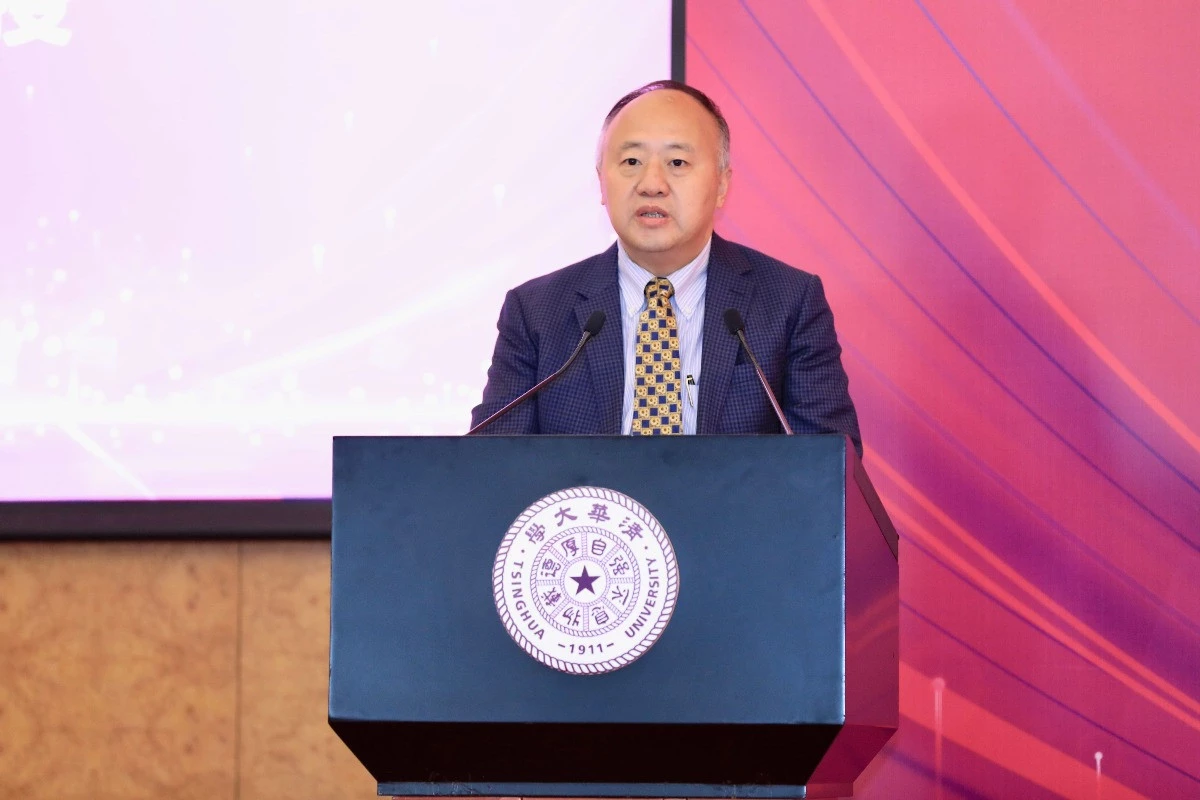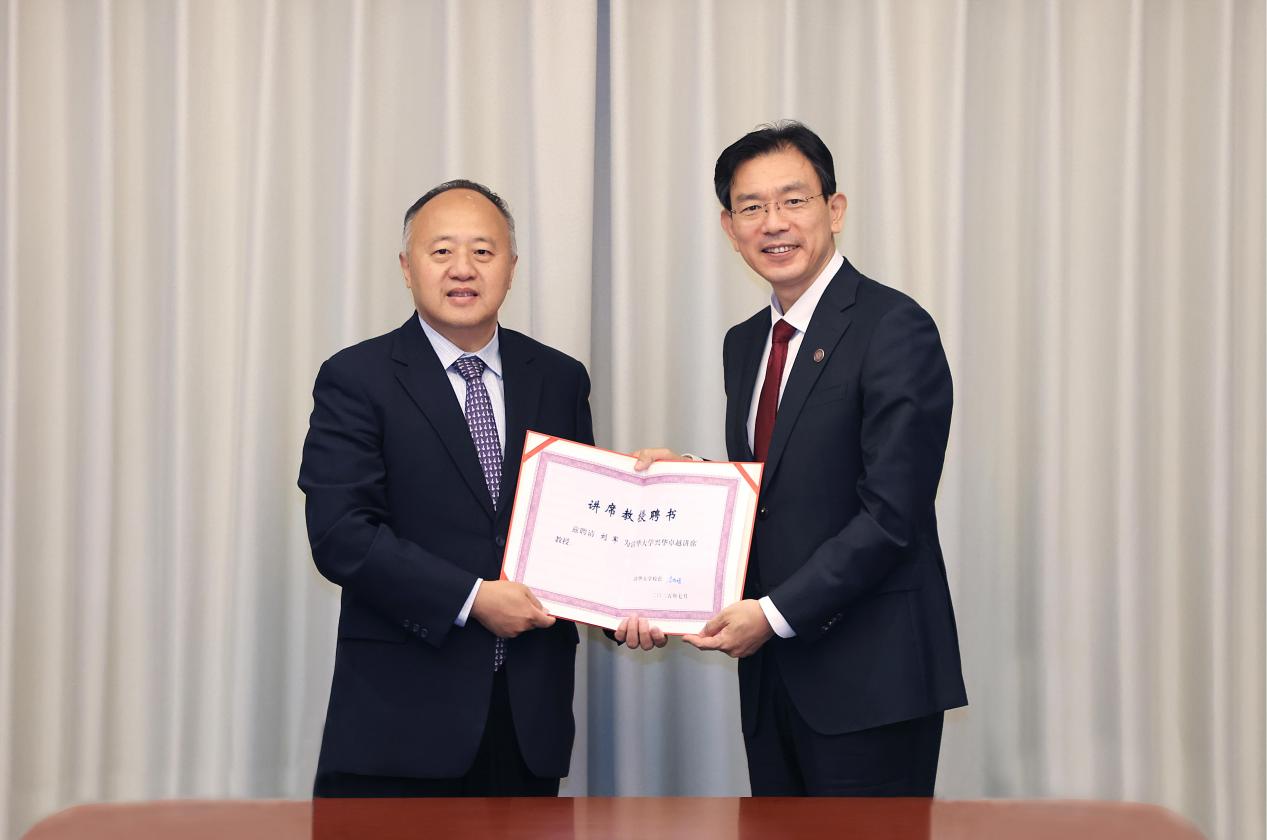In a move that has sent ripples through the global academic community, renowned mathematician and statistician Jun Liu has officially stepped down from his long-standing position at Harvard University to take up a leadership role at Tsinghua University in Beijing. After decades at the forefront of mathematical and data science research in the United States, Liu’s decision to return to China signals a significant shift not only in his own career but in the broader dynamics of international scientific collaboration and competition.
Liu, widely regarded as one of the world’s top experts in statistics and data science, has accepted a newly established chair professorship at Tsinghua and will also serve as the founding head of its Department of Statistics and Data Science. His appointment is a major boost to China’s efforts to build global leadership in cutting-edge areas of mathematical and computational research.
A Storied Career in the United States
Liu’s career in the United States spans more than three decades, marked by groundbreaking contributions to both theoretical and applied statistics. After earning his Ph.D. in statistics in the early 1990s, Liu rose quickly through the academic ranks, holding professorships at major institutions including Stanford and Harvard. He joined Harvard’s Department of Statistics in the late 1990s and remained a central figure there for over two decades.

Throughout his time at Harvard, Liu earned widespread recognition for his work in areas such as Bayesian statistics, Markov chain Monte Carlo methods, machine learning, and bioinformatics. His research has influenced not only the field of mathematics but also fields as diverse as genetics, epidemiology, and artificial intelligence. He has published hundreds of papers, many of which are highly cited across disciplines.
Liu was also a dedicated educator and mentor, having trained dozens of Ph.D. students and postdoctoral researchers who have gone on to hold influential positions around the world. Within the Harvard community, he was known for bridging theory and application—bringing statistical rigor to real-world problems while nurturing the next generation of scientific talent.
A Strategic Move to China
While Liu has maintained strong ties to academic institutions in China over the years, his return marks a decisive step toward helping build a more self-reliant and internationally competitive scientific infrastructure in his home country. Tsinghua University, one of China’s most prestigious institutions, has undergone significant expansion in recent years, particularly in data science, artificial intelligence, and engineering. The formation of its new Department of Statistics and Data Science reflects a national priority to deepen domestic expertise in fields critical to innovation and national development.
By assuming the leadership of the department, Liu is expected to shape its research agenda, recruit top talent from around the world, and foster international collaboration. He will also play a central role in curriculum development, aiming to train a new generation of statisticians capable of tackling complex data-driven challenges in science, technology, economics, and public policy.
His appointment is being hailed in China as a “homecoming” of a world-class scholar who brings with him not only a wealth of expertise but also the credibility and networks of a globally respected academic career.
Motivations Behind the Move
While Liu has not offered an extensive public explanation of his decision, people familiar with the situation point to several motivating factors. A strong sense of patriotism and a desire to contribute more directly to China’s scientific development are believed to have played a role. At the same time, there is a growing awareness among overseas Chinese academics of the challenges facing research institutions in the United States, including political pressures, funding uncertainties, and an increasingly tense geopolitical climate.
Liu’s return can also be seen as part of a broader trend of top Chinese scientists choosing to leave prestigious positions abroad to return to China. In recent years, China’s government has implemented a variety of talent recruitment programs and invested heavily in research and development, making it increasingly attractive for academics who once saw the West as the pinnacle of scientific opportunity.
Implications for Global Academia
Liu’s departure from Harvard is being closely watched by university administrators and policymakers around the world. It raises important questions about talent retention, scientific collaboration across borders, and the evolving balance of power in global research.
For China, Liu’s return is a major win and a validation of its efforts to strengthen domestic research capacity. It also sends a message to younger Chinese researchers abroad that high-level careers and impactful research can be pursued at home.

For U.S. institutions, the loss of a figure like Liu highlights concerns about “brain drain” in reverse—where top-tier talent trained and developed in American institutions chooses to take their expertise elsewhere. With increasing restrictions on scientific exchange and rising international tensions, universities may face a more competitive environment for retaining leading scholars, especially in technical and strategic fields.
A New Chapter Begins
As Jun Liu settles into his new role at Tsinghua, the international scientific community will be watching closely. His move represents more than a change in academic address—it reflects a shifting tide in the geography of knowledge production and research leadership. If Liu succeeds in building a world-class center for statistical science in China, it could redefine the global landscape of mathematics and data science for decades to come.











